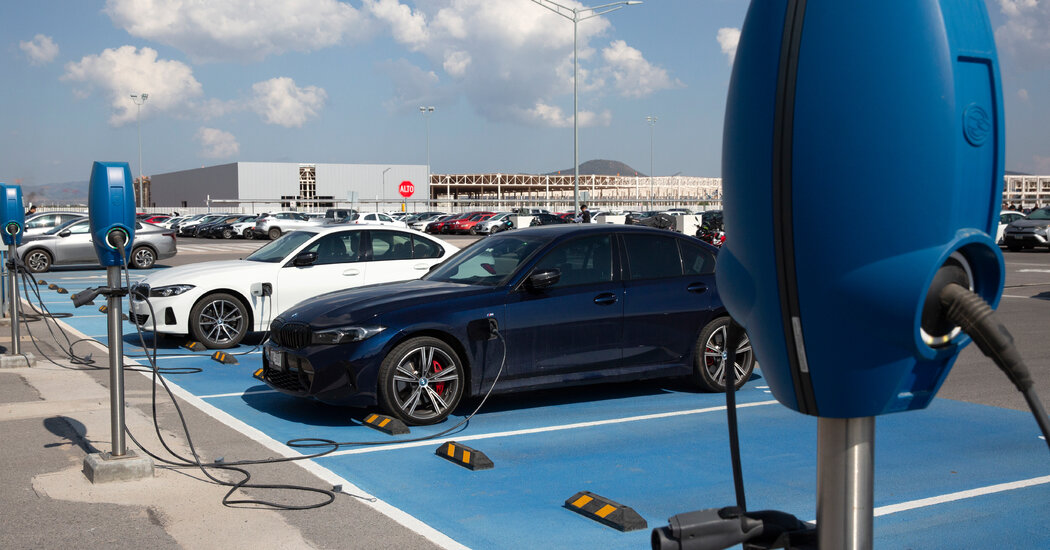
Changing technology, political turmoil and competition from China are cutting into profits and forcing carmakers to cut jobs and close factories.
A few years ago, automakers were celebrating record profits as the pandemic created shortages of new cars, allowing them to raise prices. Now the hangover is setting in.
Nissan, the Japanese automaker, is laying off 9,000 employees. Volkswagen is considering closing factories in Germany for the first time. The chief executive of the U.S. and European automaker Stellantis, which owns Jeep, Peugeot, Fiat and other brands, quit after sales tumbled. Even luxury brands like BMW and Mercedes-Benz are struggling.
Each carmaker has its own problems, but there are some common threads. They include a tricky and expensive technological transition, political turmoil, rising protectionism and the emergence of a new class of fast-growing Chinese carmakers. The many woes raise questions about the future of companies that are a critical source of jobs in many Western and Asian countries.
Many of these problems have been apparent for years but became less pressing during the pandemic, lulling some automakers into complacency. When shortages of semiconductors and other components slowed production and limited inventory, carmakers found it easy to raise prices.
But that era is over and the industry has reverted to its prepandemic state, with too many carmakers chasing too few buyers.
We are having trouble retrieving the article content.
Please enable JavaScript in your browser settings.
Thank you for your patience while we verify access. If you are in Reader mode please exit and log into your Times account, or subscribe for all of The Times.
Thank you for your patience while we verify access.
Already a subscriber? Log in.
Want all of The Times? Subscribe.
